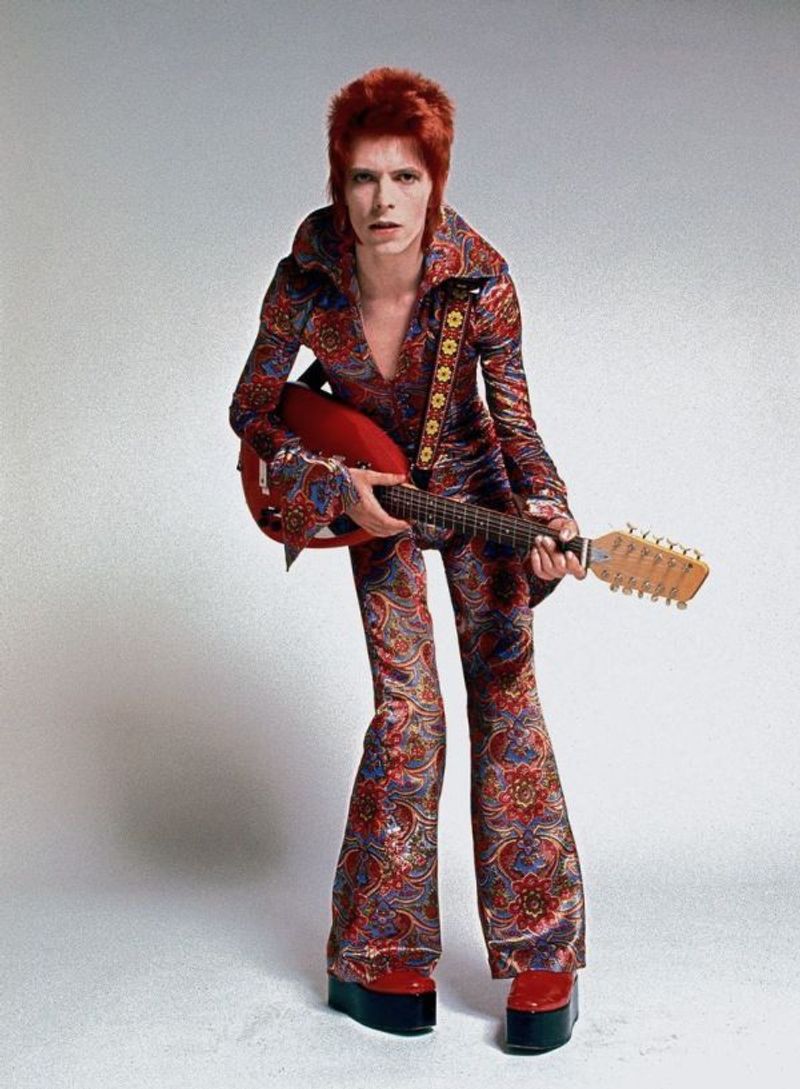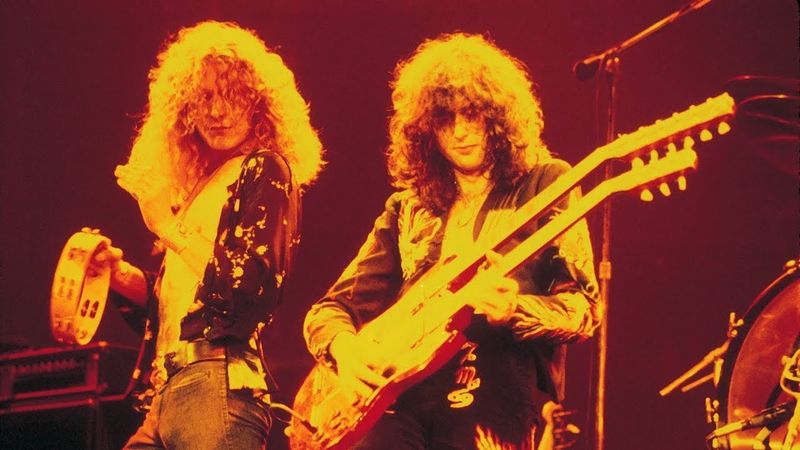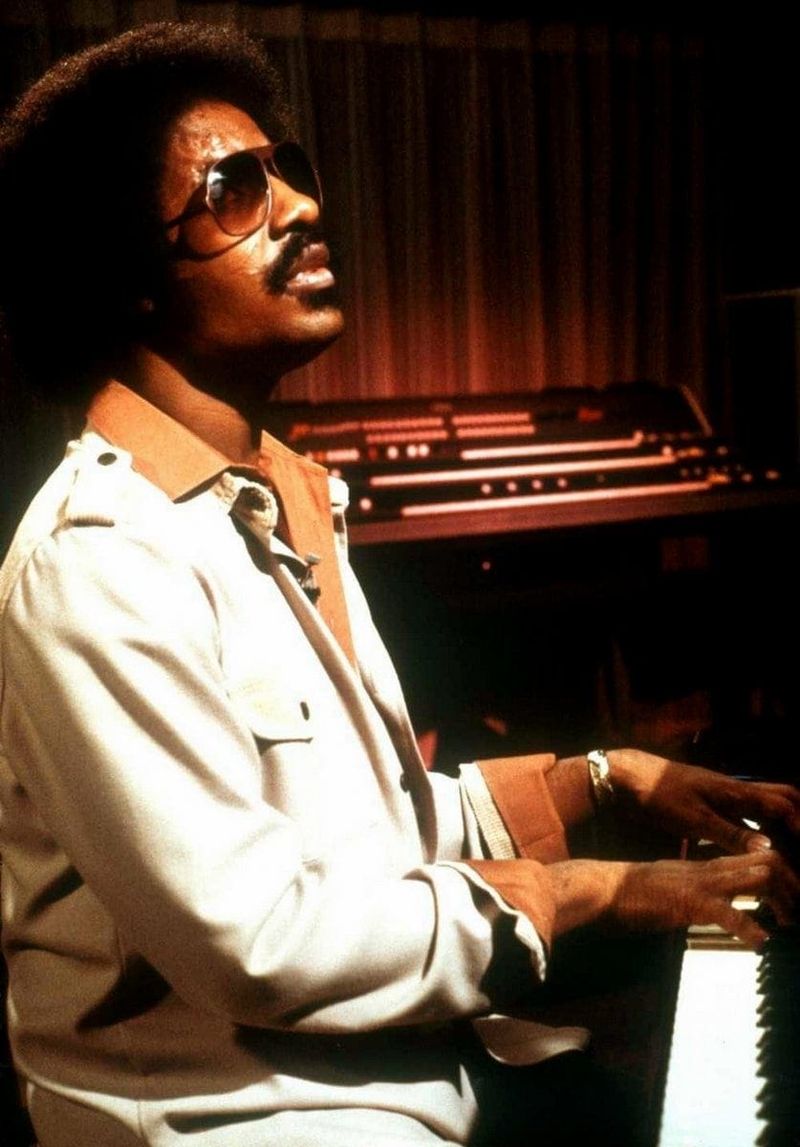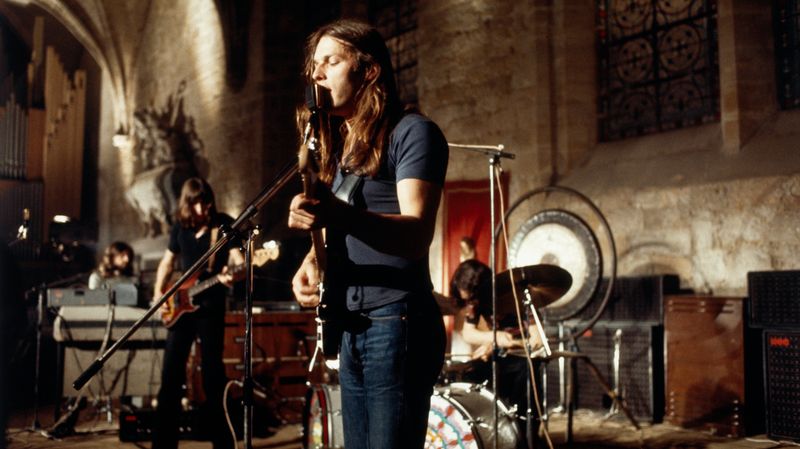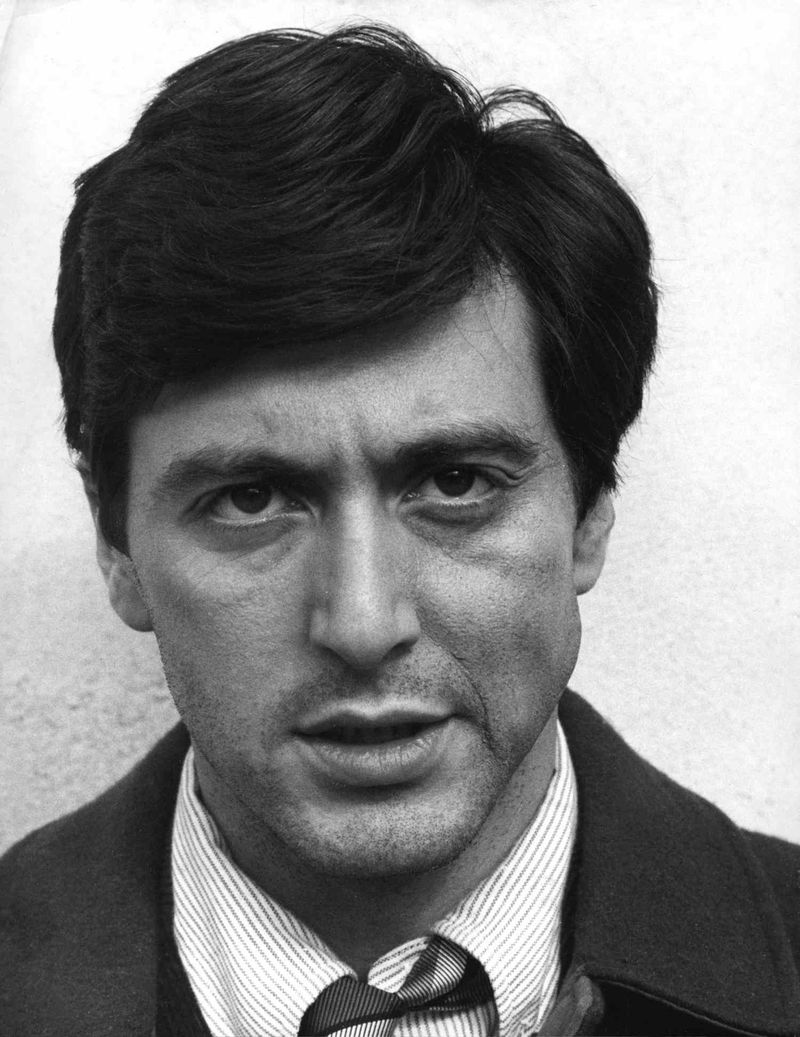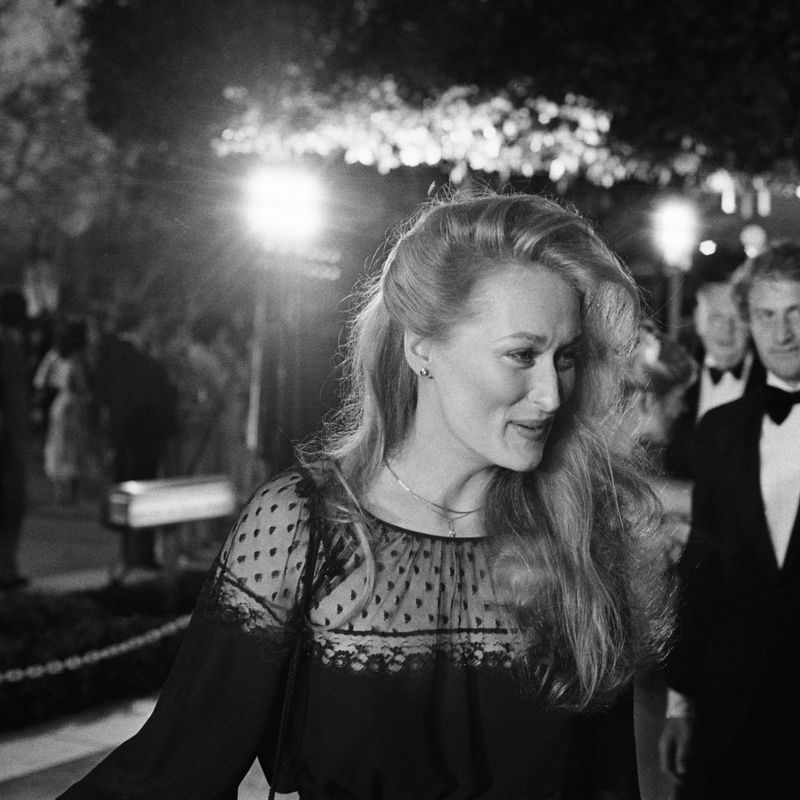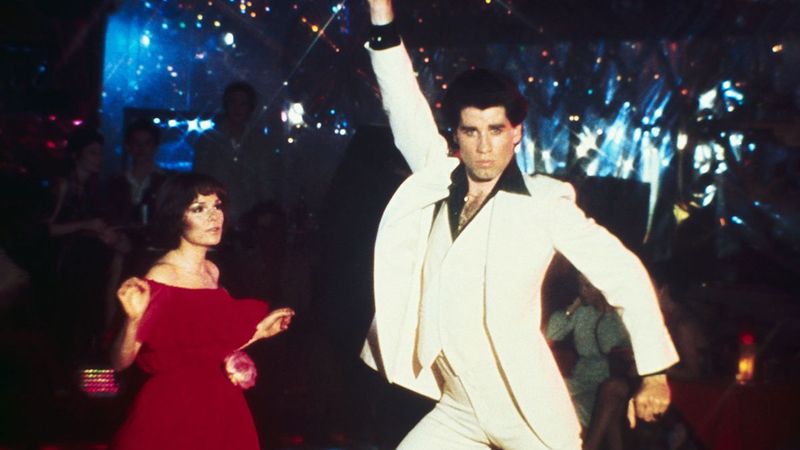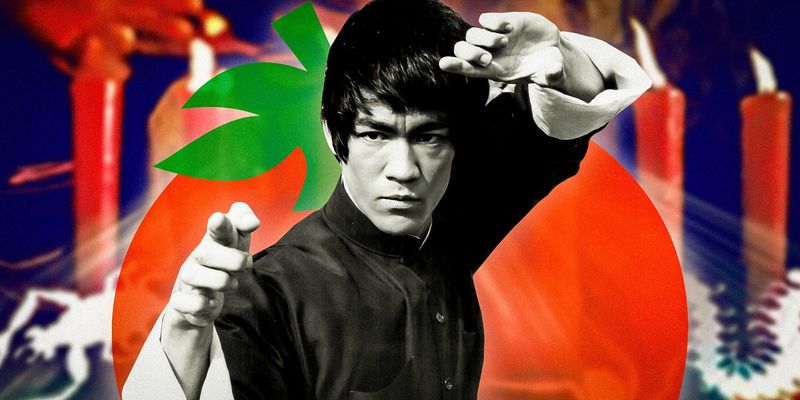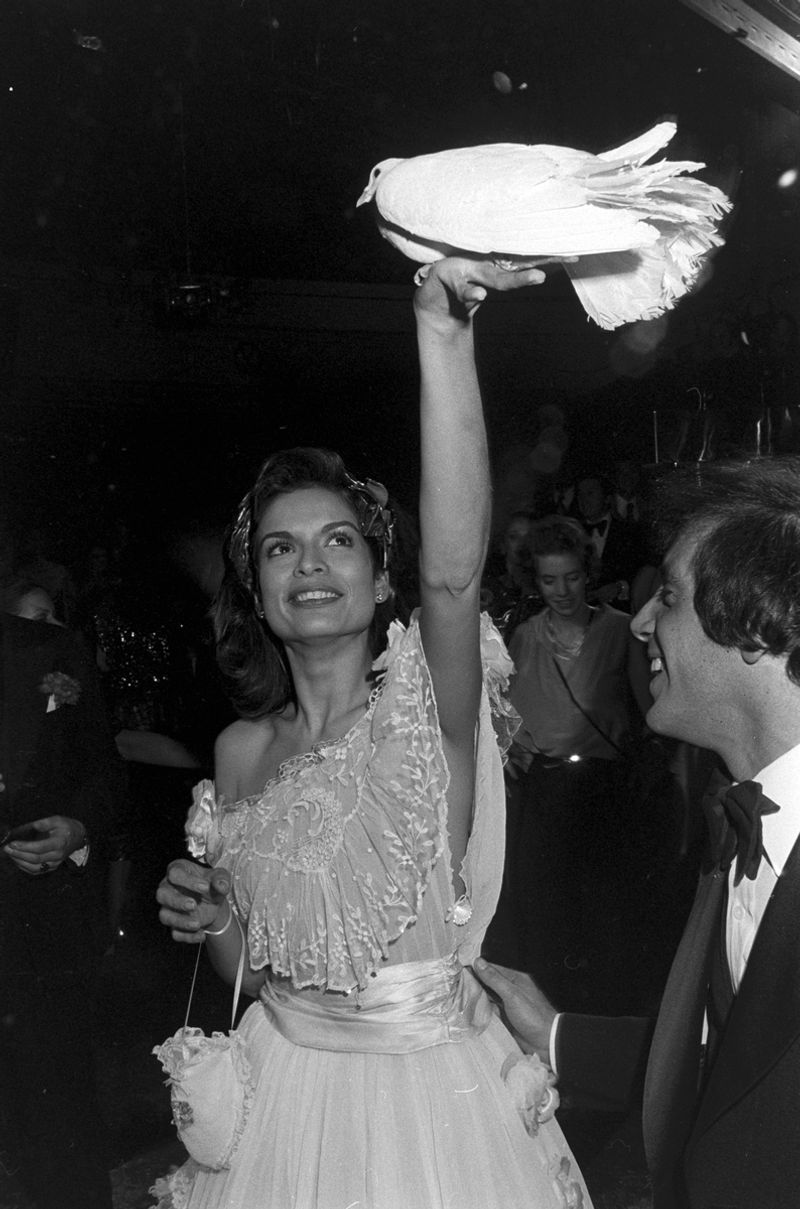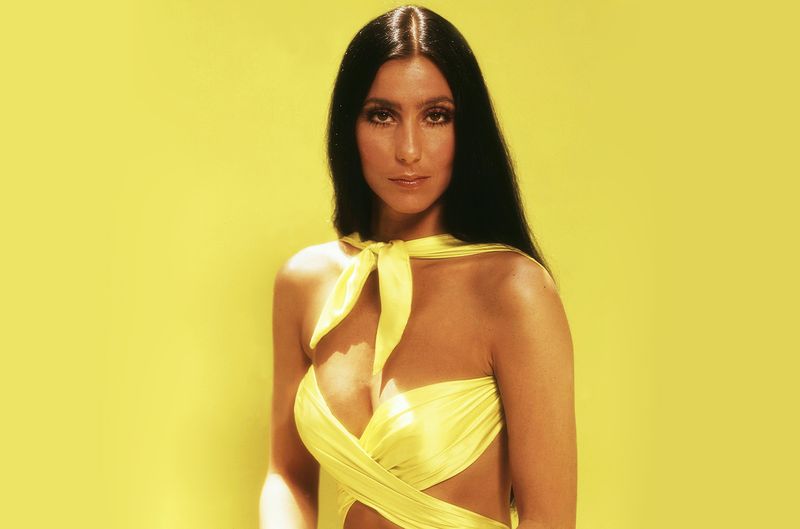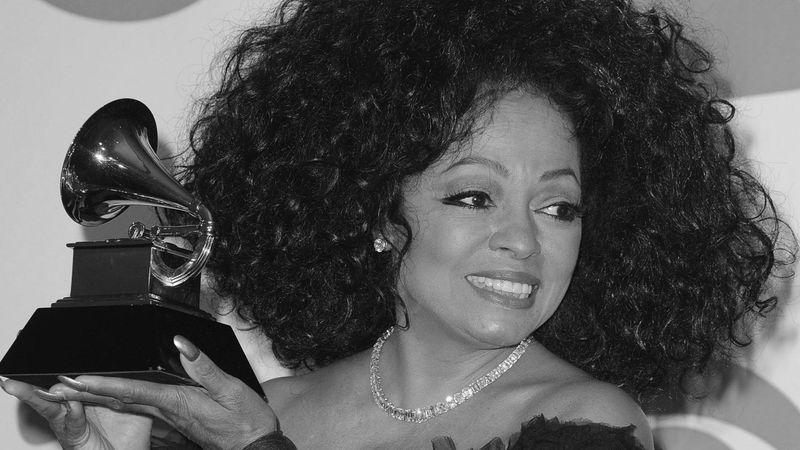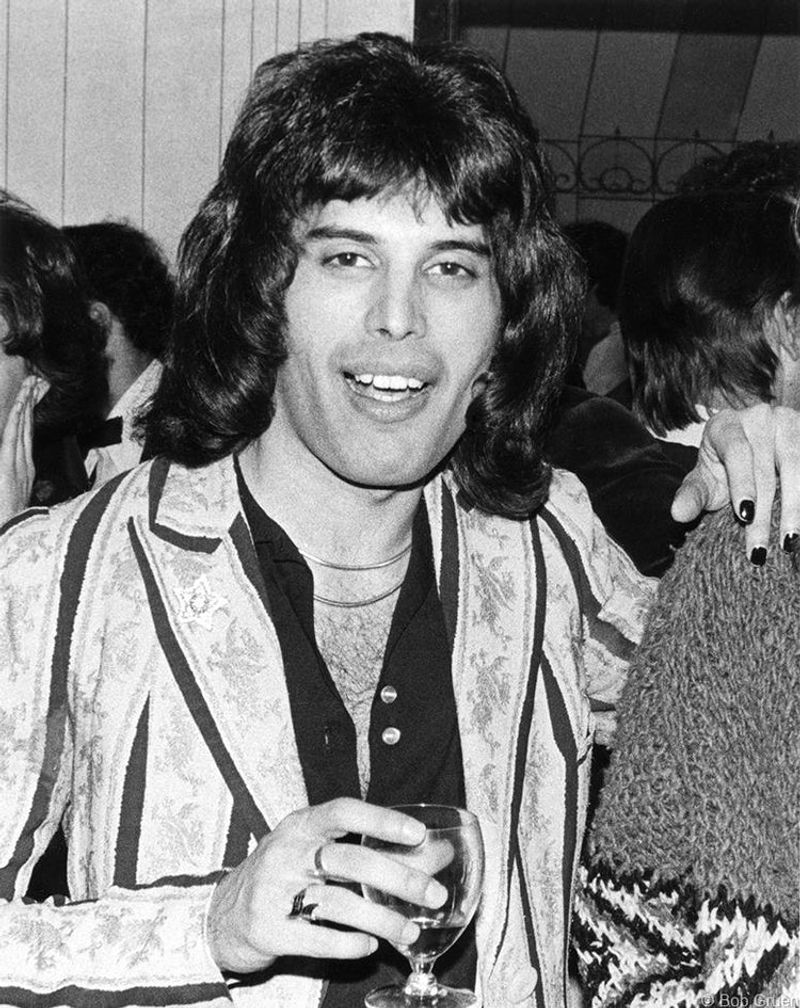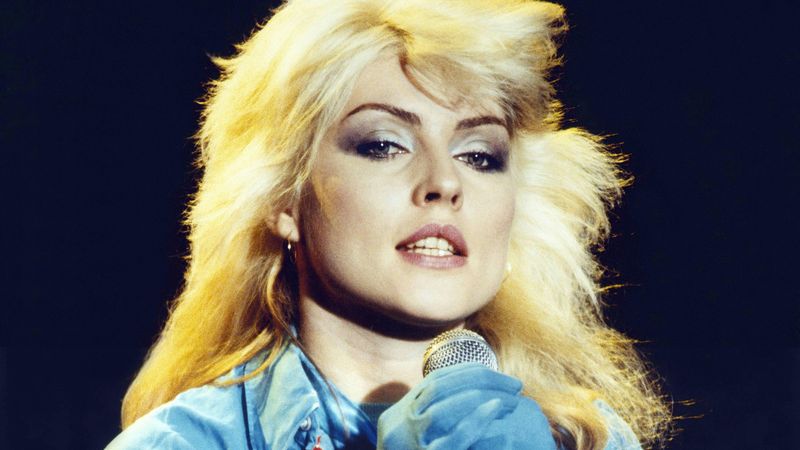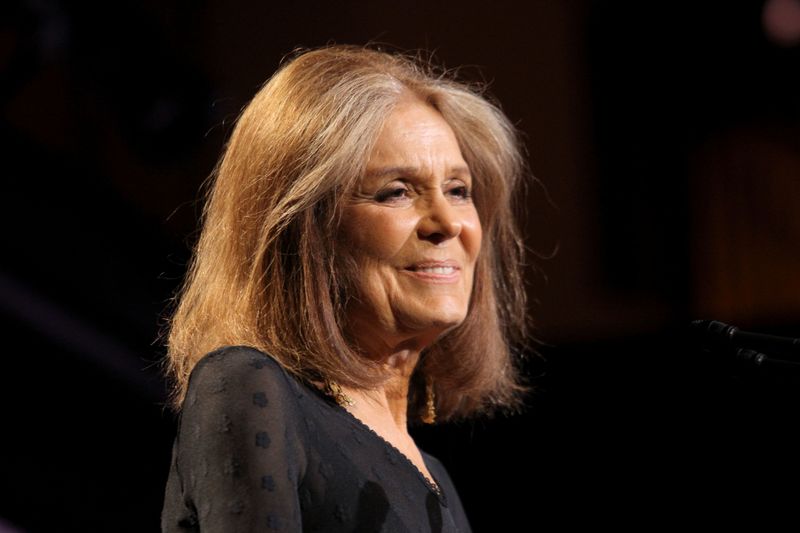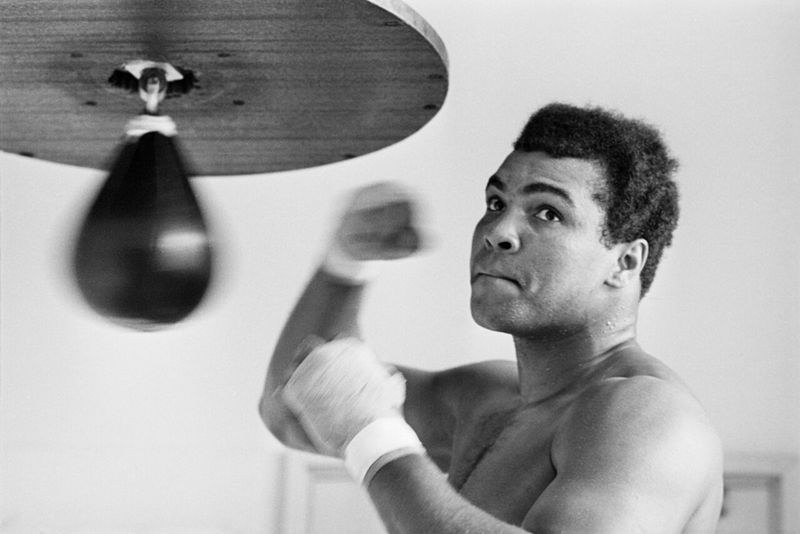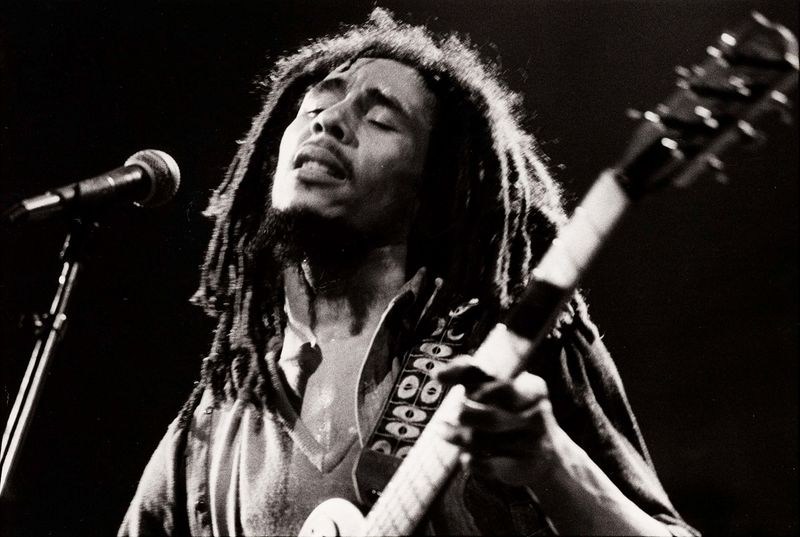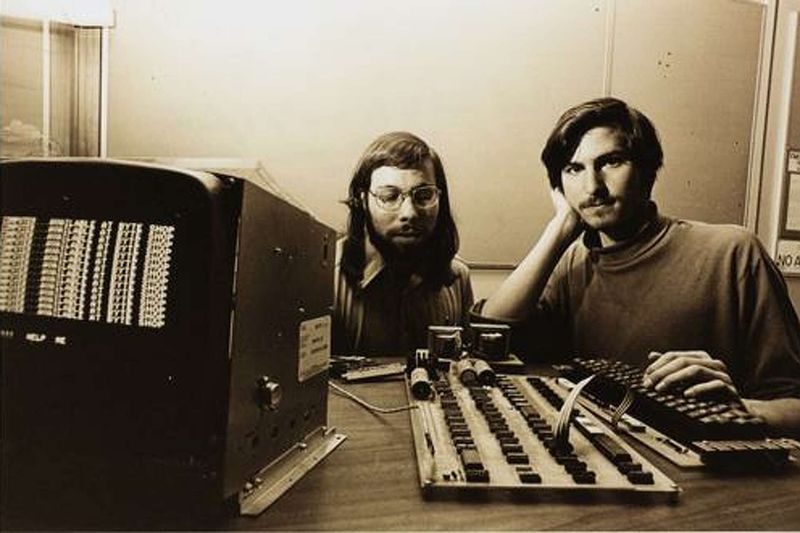The 1970s was a decade of transformation, innovation, and cultural breakthroughs. From the music that defined a generation to the fashion that captured the spirit of rebellion, this era brought forth icons whose influence transcended time. Let’s take a journey through the lives and legacies of 20 trailblazers who left an indelible mark on the world.
1. David Bowie
David Bowie, with his ever-evolving persona, truly was a musical chameleon. Ziggy Stardust, his androgynous alien rock star, captivated audiences, paving the way for glam rock. Known for hits like “Heroes” and “Changes,” Bowie’s innovative sound and style redefined rock.
During the 1970s, he released landmark albums like “The Rise and Fall of Ziggy Stardust and the Spiders from Mars” in 1972 and “Young Americans” in 1975. His theatrical performances and groundbreaking fashion influenced countless artists and still resonate today.
Bowie’s impact extended beyond music; he became a symbol of self-expression and transformation. His legacy continues to inspire generations.
2. Led Zeppelin
Led Zeppelin defined hard rock in the 1970s, with an electrifying mix of blues, rock, and folk. Known for their intense live performances and intricate compositions, Zeppelin became rock legends.
The iconic “Stairway to Heaven” became an anthem of the era, showcasing their musical prowess. Albums like “Led Zeppelin IV” in 1971 and “Physical Graffiti” in 1975 cemented their status as rock royalty.
Their music pushed boundaries, exploring new sounds and themes. Despite disbanding in 1980, Led Zeppelin’s legacy lives on, influencing musicians and fans around the world.
3. Stevie Wonder
A musical prodigy, Stevie Wonder’s genius lies in his ability to blend soul, funk, and messages of social justice. Blind since childhood, he overcame barriers to become a leading figure in music.
During the 1970s, Stevie released groundbreaking albums like “Innervisions” in 1973 and “Songs in the Key of Life” in 1976, which are celebrated for their innovation and depth. His hits, such as “Superstition,” showcased his ability to craft songs that were both catchy and meaningful.
Stevie’s influence extends beyond music, as he became an advocate for civil rights and humanitarian causes.
4. ABBA
ABBA brought Europop to the world with their infectious melodies and glamorous style. Rising to fame after winning the Eurovision Song Contest in 1974, they became a global sensation.
Songs like “Dancing Queen” and “Mamma Mia” became instant classics, loved for their catchy tunes and rich harmonies. Albums like “Arrival” in 1976 and “Voulez-Vous” in 1979 showcased their musical versatility and creativity.
ABBA’s stage presence and fashion made them icons of the 1970s disco scene. Their music continues to be celebrated, inspiring musicals, movies, and a new generation of fans.
5. Pink Floyd
Pink Floyd’s revolutionary approach to music made them masters of psychedelic rock. Their concept albums and elaborate live shows challenged conventional norms, creating immersive experiences for listeners.
“The Dark Side of the Moon,” released in 1973, remains one of the best-selling albums of all time, praised for its innovative sound and thought-provoking themes. “Wish You Were Here” in 1975 continued to push boundaries, exploring themes of alienation and loss.
Pink Floyd’s influence extends beyond music, impacting art and culture. Their legacy endures, inspiring musicians and fans with their creativity and vision.
6. Al Pacino
Al Pacino became a cinematic powerhouse in the 1970s, known for his intense performances and magnetic presence. His role as Michael Corleone in “The Godfather” (1972) solidified his status as a leading actor.
Pacino’s portrayal of complex, morally ambiguous characters in films like “Serpico” (1973) and “Dog Day Afternoon” (1975) showcased his range and depth. Critics and audiences alike lauded his ability to convey emotion and tension.
His work during this decade set the stage for an illustrious career, making him a defining figure in Hollywood. Pacino’s legacy continues to influence actors worldwide.
7. Meryl Streep
Meryl Streep’s journey began in the late 1970s, where she quickly gained a reputation as one of Hollywood’s most talented actresses. Her role in “The Deer Hunter” (1978) marked the start of an extraordinary career.
Streep’s ability to embody diverse characters, bring emotional depth, and master accents set her apart. She captivated audiences with her authenticity and skill, earning critical acclaim.
Her influence on the film industry is profound, as she paved the way for women in Hollywood. Meryl Streep remains a symbol of excellence, inspiring actors with her enduring passion and talent.
8. John Travolta
John Travolta became the face of disco in the 1970s, captivating audiences with his charisma and dance moves. His role in “Saturday Night Fever” (1977) transformed him into an icon of the era.
Travolta’s portrayal of Tony Manero captured the spirit of the disco scene, with his electrifying dance sequences and captivating screen presence. “Grease” (1978) further solidified his star status, showcasing his versatility.
Travolta’s charisma and talent made him a beloved figure, embodying the exuberance of the 1970s. His impact on pop culture remains, influencing dance, film, and fashion.
9. Farrah Fawcett
Farrah Fawcett became a cultural phenomenon in the 1970s, capturing hearts with her beauty and charisma. Starring in “Charlie’s Angels” (1976), she became an instant sensation.
Her iconic red swimsuit poster became one of the best-selling posters of all time, symbolizing the glamour and allure of the decade. Fawcett’s signature hairstyle inspired a generation of fans.
Beyond her looks, she showcased talent and determination, leaving a lasting impact on television and pop culture. Farrah Fawcett remains a symbol of 1970s style and grace, remembered fondly by fans worldwide.
10. Bruce Lee
Bruce Lee revolutionized martial arts cinema in the 1970s, becoming a global icon. His role in “Enter the Dragon” (1973) showcased his extraordinary skill and charisma.
Lee’s philosophy of martial arts, emphasizing adaptability and self-expression, resonated with audiences worldwide. His films broke barriers, introducing martial arts to a new audience and paving the way for future action stars.
Despite his untimely death at 32, Bruce Lee’s legacy endures. He remains a symbol of strength, discipline, and innovation, inspiring martial artists and filmmakers across generations. His influence continues to shape the genre and pop culture.
11. Bianca Jagger
Bianca Jagger epitomized 1970s glam, known for her elegance and charm. As the wife of Mick Jagger, she became a fixture in high society and a fashion icon.
Her appearances at Studio 54, often arriving on horseback, are legendary, symbolizing the decadence and allure of the era. Bianca’s style, featuring flowing gowns and bold accessories, influenced fashion.
Beyond the glitz, she became an advocate for human rights, using her platform for social change. Bianca Jagger’s legacy is one of grace, style, and activism, leaving an indelible mark on culture and society.
12. Cher
Cher redefined entertainment in the 1970s with her fearless style and bold personality. Her television show, “The Sonny & Cher Show,” showcased her talent and charisma.
Known for her daring fashion choices and powerful voice, Cher’s transition to disco diva captivated fans. Her hit singles and flamboyant performances made her a pop culture fixture.
Cher’s influence extends beyond music, impacting fashion and television. Her ability to reinvent herself and stay relevant continues to inspire artists. She remains a symbol of individuality and innovation, a true icon of the 1970s.
13. Diana Ross
Diana Ross transitioned from Motown legend to solo superstar in the 1970s, leaving an indelible mark on music. Her hit “Ain’t No Mountain High Enough” became an anthem of empowerment.
Ross’s stage presence and vocal prowess captivated audiences, earning her critical acclaim and a devoted fanbase. Her glamorous fashion and commanding performances became iconic.
Beyond music, she ventured into acting, showcasing her versatility. Diana Ross’s influence transcends music, inspiring artists with her talent and resilience. She remains a symbol of grace and empowerment, an icon of her era.
14. Freddie Mercury
Freddie Mercury, with his unparalleled stage presence and vocal range, led Queen to monumental success in the 1970s. His performance of “Bohemian Rhapsody” in 1975 redefined music.
Mercury’s theatricality and charisma made him a captivating frontman, his energy electrifying audiences. His ability to blend rock, opera, and theater set Queen apart, earning them a unique place in music history.
Freddie’s influence extends beyond music, as he became a symbol of individuality and freedom. His legacy continues to inspire artists and fans, celebrating his talent and creativity.
15. Debbie Harry (Blondie)
Debbie Harry emerged as a punk-rock goddess in the 1970s, captivating audiences with her edgy style and magnetic stage presence. As the lead singer of Blondie, she helped define the new wave music scene.
Hits like “Heart of Glass” showcased her ability to blend punk, pop, and disco, creating a distinctive sound. Her fashion sense, characterized by bold outfits and a rebellious attitude, became iconic.
Debbie’s influence extends beyond music, impacting fashion and culture. She remains a symbol of empowerment and creativity, inspiring a new generation of artists and fashionistas.
16. Gloria Steinem
Gloria Steinem emerged as a leading figure in the feminist movement of the 1970s, advocating for gender equality and women’s rights. As a co-founder of Ms. Magazine, she amplified women’s voices and issues.
Steinem’s eloquence and determination inspired many, transforming the feminist movement into a powerful social force. Her activism extended to social justice and political reform, impacting society profoundly.
Beyond her activism, Gloria became a symbol of empowerment and resilience. Her legacy continues to inspire future generations, championing equality and justice for all.
17. Muhammad Ali
Muhammad Ali reigned supreme in the boxing world of the 1970s, his charisma and skill captivating fans worldwide. Known for his quick wit and faster fists, Ali became a symbol of resilience and courage.
His fights, such as the “Rumble in the Jungle” against George Foreman, are legendary, showcasing his strategic brilliance and athleticism. Beyond the ring, Ali’s activism for civil rights made him a global icon.
Ali’s legacy transcends sports, inspiring countless individuals with his message of equality and perseverance. His life remains a testament to the power of conviction and the human spirit.
18. Jane Fonda
Jane Fonda became a prominent figure in the 1970s, known for her activism and acting prowess. Her opposition to the Vietnam War earned her the nickname “Hanoi Jane,” highlighting her controversial yet impactful stance.
Fonda’s career thrived with acclaimed performances, while her workout tapes revolutionized fitness culture. Her commitment to social justice and environmental causes further solidified her legacy.
Beyond Hollywood, Jane’s influence extended to activism, making her a powerful advocate for change. Her ability to adapt and evolve continues to inspire, leaving a lasting impact on culture and society.
19. Bob Marley
Bob Marley became the voice of reggae and a symbol of peace in the 1970s, spreading messages of unity and love. Songs like “No Woman, No Cry” resonated with audiences worldwide.
His charismatic performances and profound lyrics made him a global icon, transcending music to become a cultural ambassador for Jamaica.
Marley’s influence extends beyond reggae, impacting social and political change. Despite his untimely death, his legacy of hope and resilience endures, inspiring generations with his timeless music and message.
20. Steve Jobs & Steve Wozniak
In the mid-1970s, Steve Jobs and Steve Wozniak co-founded Apple, revolutionizing technology with their vision and ingenuity. Their creation of the Apple I computer in 1976 marked the dawn of the personal computing era.
Jobs’ marketing genius and Wozniak’s engineering brilliance combined to create user-friendly, innovative products that changed the way people interacted with technology.
Apple’s impact on technology and culture is profound, influencing the design and functionality of modern devices. The legacy of Jobs and Wozniak continues to inspire innovation and creativity in the tech industry.
